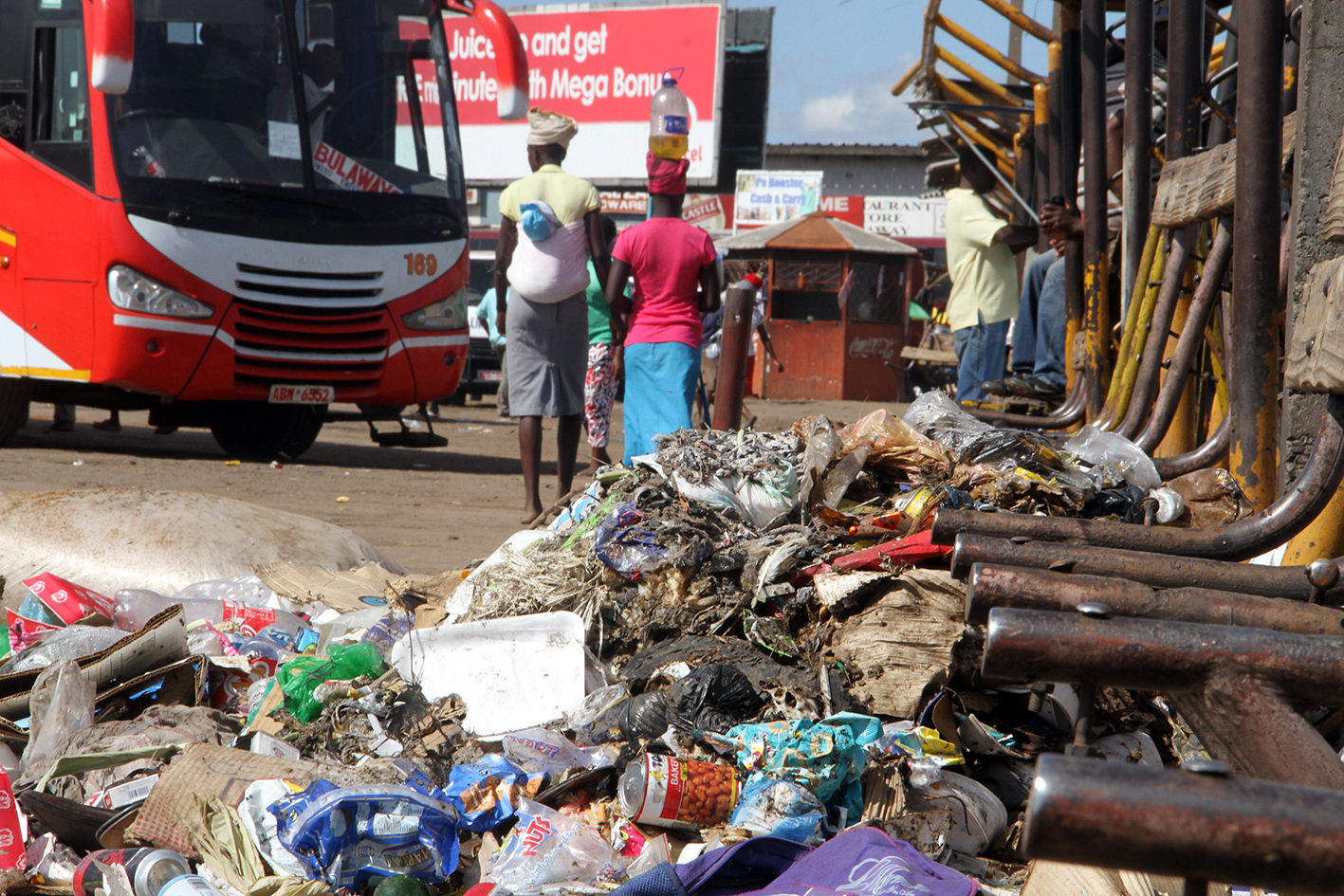
The Sunday Mail

It has always been a long-held view, that this country’s economy thrives on agriculture and mining. So it follows that turn-around efforts must centre around these two sectors.
Hence the significance of President Mnangagwa’s visit to Guruve South last week. Equally significant is the thrust to empower rural communities with irrigation, given the ever-changing climatic conditions.
But Government should not concentrate on one end of the agricultural chain whilst seemingly neglecting the other end — marketing — which completes the cycle.
I think it should be every farmer’s wish to have their produce bought at a fairly reasonable price. Which leaves many farmers wondering roles, if any, such parastatals like the Agricultural Marketing Authority, play in the welfare of farmers.
Whilst some agricultural produce, like cotton, tobacco and maize are marketed and priced at least fairly, it is the horticultural produce that leaves many frustrated with farming. And most of this produce is marketed, sold and bought at Mbare Musika in the capital and similar other such markets dotted around the country.
And it is an open secret that these markets are unregulated and what thrives there is a dog-eat-dog scenario, a situation that usually leaves farmers vulnerable, exploited and always at their wits’ end.
And it is quite encouraging that President Mnangagwa made reference to the Norton factory. But that is only superficially. On the ground, the conditions that farmers have to meet to supply the said Norton factory or any other such setting, does not favour our local, communal farmer.
Swaziland, for example, has a central buying market, which is controlled and regulated by that country’s government. The market is so modern that it has storage and refrigeration facilities. Those whose stock would not have been bought, stored their produce overnight and resume trade the following day. Not so with our Mbare — farmers have to sell, even at a loss, because the cost of ferrying their produce back to the farm becomes uneconomic and unreasonable.
And not only that. The Swazi government buys the agricultural produce from the farmers, rather acts as the middle man, and then sells to the retailers. This cuts off the equivalent of the notorious Mbare makoronyera.
Besides stabilising prices, such efforts also ensures that the Government is in control of what is needed and where. Right now, we are importing apples, potatoes and onions, disadvantaging our farmers.
Probably this is because the Government does not have figures on how much potatoes are needed in this country, because we don’t have a central registry. Currently we are importing what we eat and asking our farmers to fill in the gap where the imports fail to meet demand.
But in should be the other way round, farmers supplying the market and then imports coming in to fill the gaps where farmers would have failed to meet demand. All this can be blamed on a chaotic agricultural marketing policy, all thanks to the irrelevant Agricultural Marketing Authority.
The other reason why it is cheaper to buy imported apples, potatoes and onions is that these products are produced with cheaper costs, especially in South Africa. The production costs here in Zimbabwe are unreasonable and exorbitant, making agriculture as a business, especially where the market is not protected from cheap imports, an unviable proposition.
So whilst unending applause has to go to Government for intervening in irrigation systems, the helping hand should extend beyond production and marketing, to include beneficiation.
That way farmers are empowered in more than one way, and at the end of the day, agriculture becomes a lucrative enterprise.






